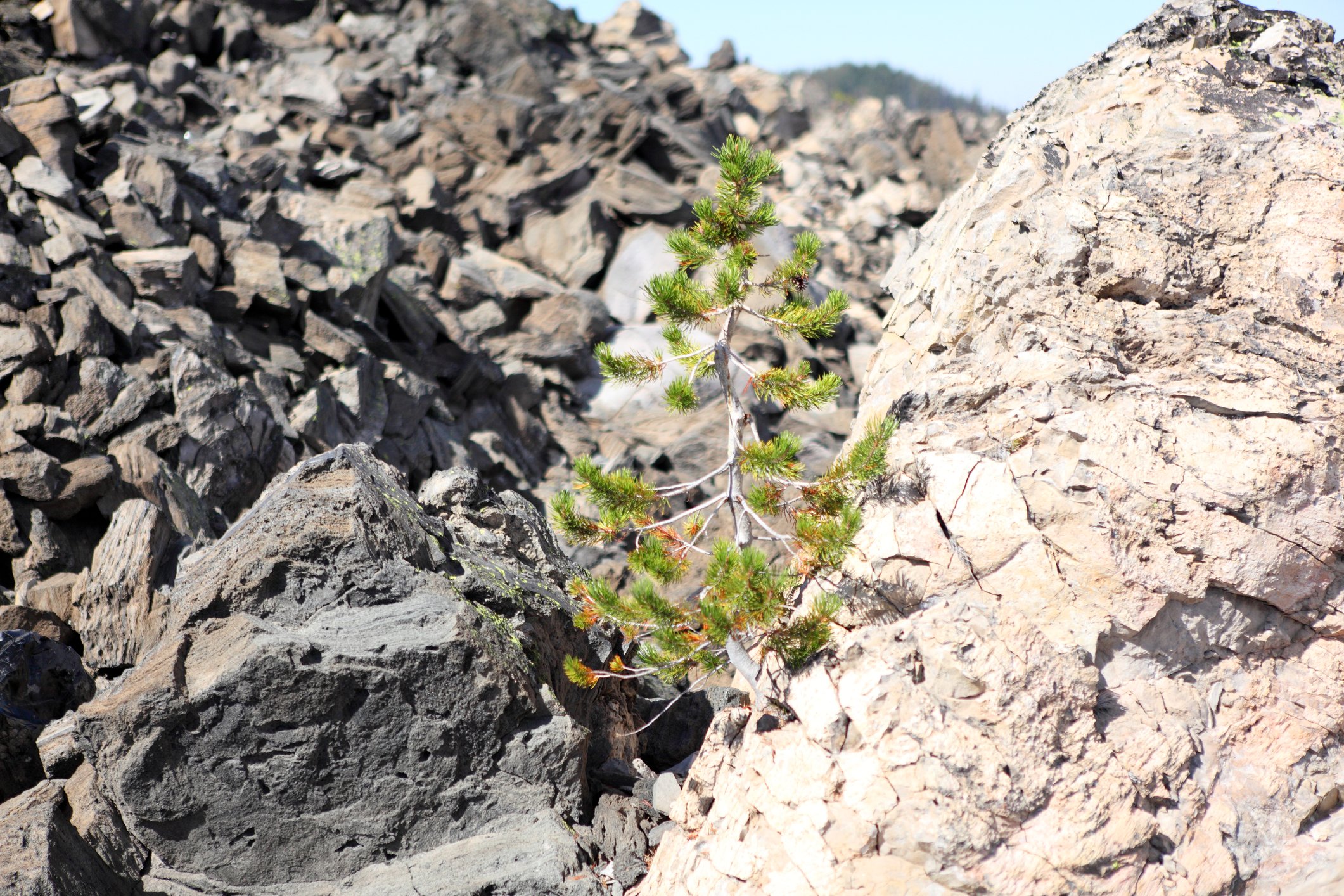Buffalo seasons Awareness in life
Why Am I Feeling Prickly? Understanding Defense Mechanisms
Defensive reactions from the unconscious are automatic, often involuntary responses that arise to protect us from perceived threats, discomfort, or emotional pain. These defenses are deeply ingrained in our psyche, typically developing early in life as a way to cope with difficult emotions or situations. Because they operate below the level of conscious awareness, we often don't realize we're engaging in them, even though they can significantly influence our behavior and interactions.

A New Year Inspiration: How will your wits guide you in 2024?
The Crow & the Pitcher: How will your wits guide you in 2024?
Æsop’s life story emulates the narratives we all hold within and without us. Yet, there is one significant difference: We are neither literary nor historical legends.
Different voices, different narrators, different phases in our lifespan help shape our identity and influence how we come to understand our place in the universe.

Resilience …That Which Does Not Kill Us
Nietzsche spoke to me on that lava field as if he were my Zarathustra: “That which does not kill us makes us stronger.” Indeed, I thought. Indeed. Decades later, I still rely on Western and Eastern philosophical writings to guide me in life and in my work with clients. Translating Nietzsche’s existential inquiry into therapeutic parlance leads me to a psychological concept gobbled up by 21st Century pop culture: Resilience.
What Nietzsche noted in the late 1800s is today described as one’s ability to rebound from life challenges through flexibility and adaptability. One’s resilience is supported by five pillars: self-awareness, engagement in self-care, the practice of mindfulness, supportive relationships, and living a life with purpose and meaning. During stressful times, any or all of these pillars may weaken, become unstable, or crumble. As one sustains the impacts of adversity, each can help buoy one through the storm.

